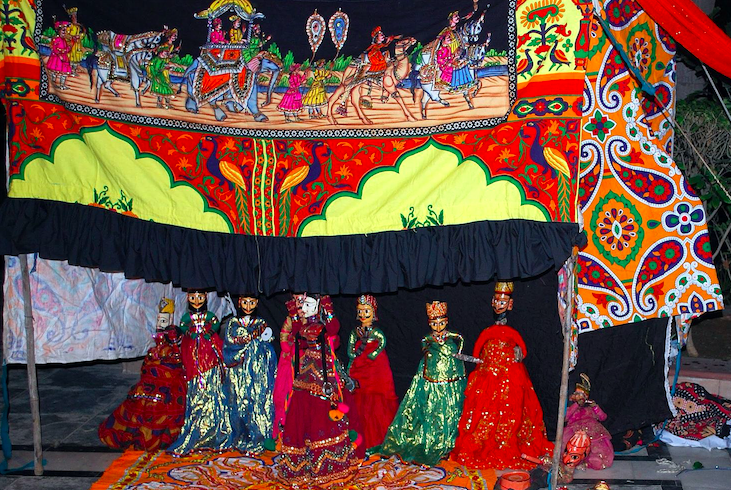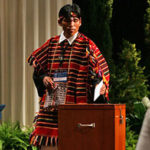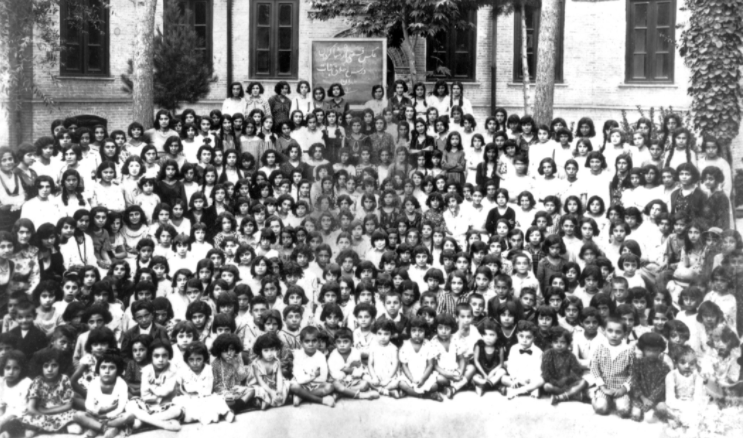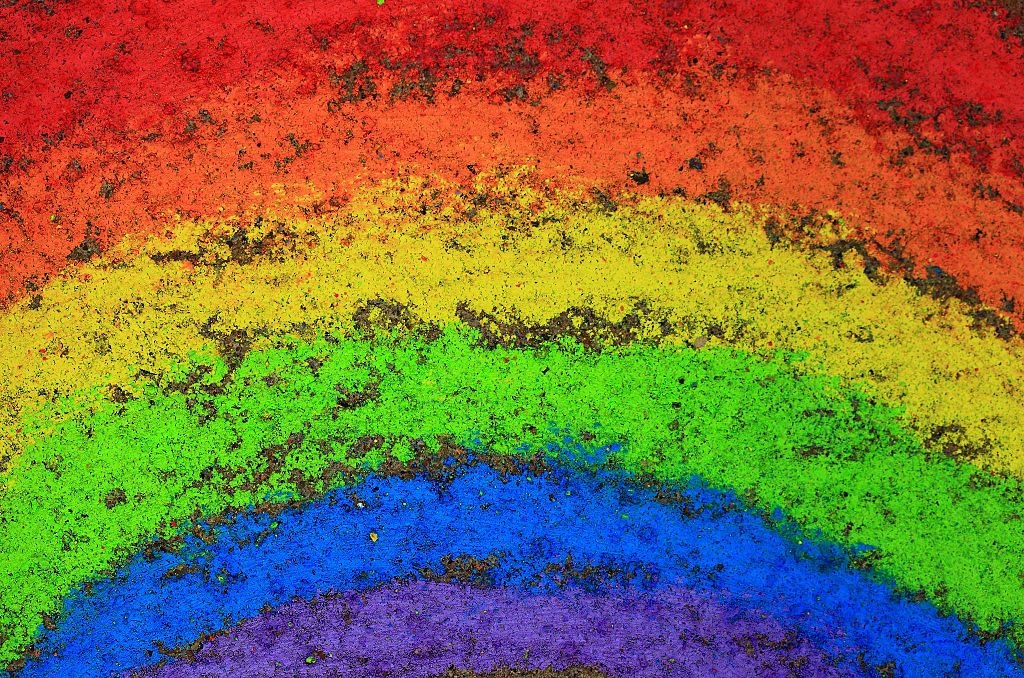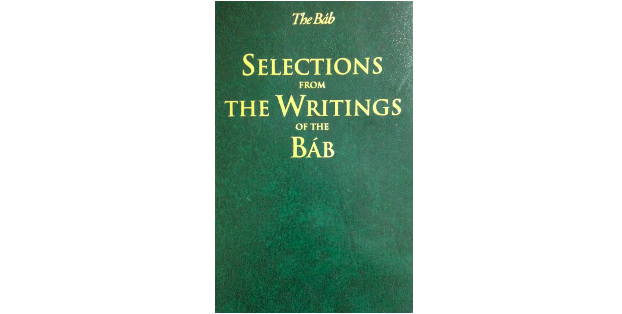
On the Origin and Nature of Evil

Bahá’u’lláh’s writings emphasize the “better angels” of human nature: our potential for good. This call to rise to the positive potential inherent in us, coupled with avoidance of judgementalism, has shaped a culture of encouragement and mutual support that frames Baha’i community life.
Nonetheless, Bahá’u’lláh also discusses the nature of evil. He calls us to a new understanding of what evil is and how it finds expression in the world.
Ancient concepts of “demons” and “satan” are explained as symbols of the fallibility of human nature. This reconceptualization demolishes notions of mythic evil beings beyond human control. At the same time, it underlines our individual and collective responsibility to overcome evil in the world.
As ‘Abdu’l-Bahá, Bahá’u’lláh’s eldest son explains, evil is not “real”.
Briefly, intelligible realities such as the praiseworthy attributes and perfections of man are purely good and have a positive existence. Evil is simply their non-existence. So ignorance is the want of knowledge, error is the want of guidance, forgetfulness is the want of remembrance, foolishness is the want of understanding: All these are nothing in themselves and have no positive existence.[1]
Evil has the same kind of existence as the shadow; it is an absence of good. Yet we see horrendous evil committed by human beings. Bahá’u’lláh states that human action can be a “focus” for “evil”:
Indeed the actions of man himself breed a profusion of satanic power. For were men to abide by and observe the divine teachings, every trace of evil would be banished from the face of the earth. However, the widespread differences that exist among mankind and the prevalence of sedition, contention, conflict and the like are the primary factors which provoke the appearance of the satanic spirit. Yet the Holy Spirit hath ever shunned such matters. A world in which naught can be perceived save strife, quarrels and corruption is bound to become the seat of the throne, the very metropolis, of Satan.[2]
Sometimes God is blamed for human conduct. As Bahá’u’lláh states:
Be fair in your judgment. Every good thing is of God, and every evil thing is from yourselves. Will ye not comprehend? This same truth hath been revealed in all the Scriptures, if ye be of them that understand.[3]
Moreover, Bahá’u’lláh warns his followers not to fall into “evil”.
My captivity can bring on Me no shame. Nay, by My life, it conferreth on Me glory. That which can make Me ashamed is the conduct of such of My followers as profess to love Me, yet in fact follow the Evil One. They, indeed, are of the lost.[4]
An implicit worship at the altar of self is related to this understanding of evil:
Arise, O people, and, by the power of God’s might, resolve to gain the victory over your own selves, that haply the whole earth may be freed and sanctified from its servitude to the gods of its idle fancies – gods that have inflicted such loss upon, and are responsible for the misery of their wretched worshippers. These idols form the obstacle that impedeth man in his efforts to advance in the path of perfection.[5]
Image Credits: A memorial to one of the many mass killings of human beings by other human beings. Srebrenica massacre memorial wall of names 2009. By Michael Büker (Own work) [CC BY-SA 3.0 (http://creativecommons.org/licenses/by-sa/3.0)], via Wikimedia Commons
This article is the 31st in a series of what I hope will become 200 articles in 200 days for the 200th anniversary of the birth of Bahá’u’lláh. The anniversary is being celebrated around the world on 21 and 22 October 2017. The articles are simply my personal reflections on Bahá’u’lláh’s life and work. Any errors or inadequacies in these articles are solely my responsibility.
